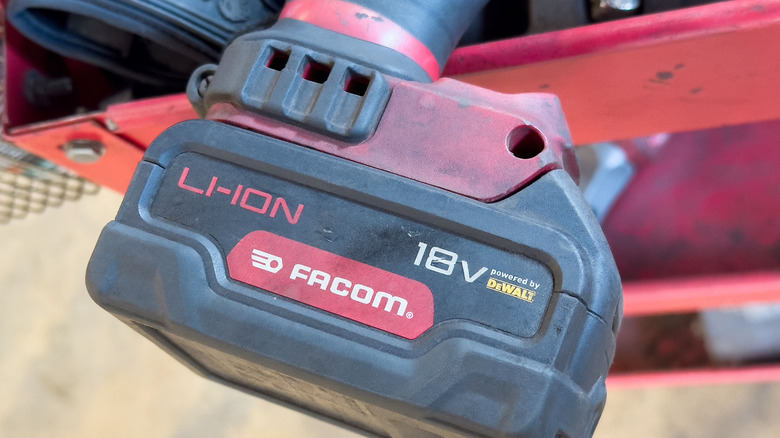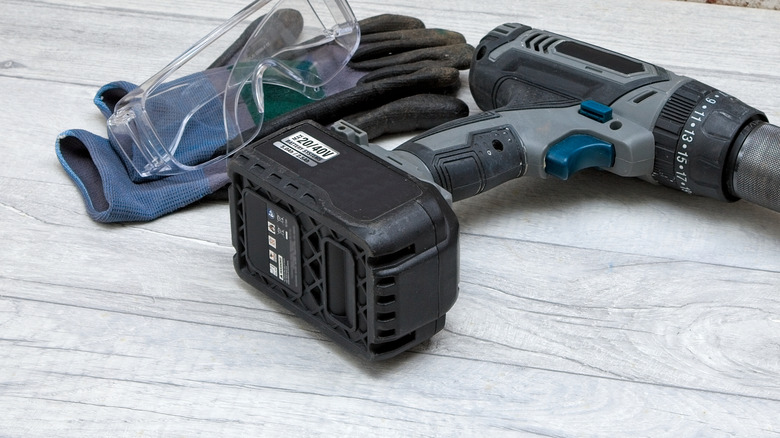Do Power Tool Batteries Go Bad If They're Left Unused?
Unless you're working on DIY projects and house repairs daily, your cordless power tools and their batteries probably sit unused in your garage or shed for a long time. This is a fairly common habit in the winter season when you're least likely to clean your yard or stay in your workshop all day long. But then, what happens to your power tool batteries during this extended stretch of inactivity?
When you don't use your power tools' batteries, they go through a process called self-discharge. This means they lose some of their charge, typically up to 2% every month. The charge loss in unused power tool batteries is natural, and there's nothing you can do to avoid it. However, this self-discharge process doesn't automatically lead to defective batteries. So no, your power tool batteries won't go bad if left unused. They can actually stay in good shape even if you don't use them for a long time — as long as you observe proper storage practices.
How to properly store your power tool batteries
There are two things to keep in mind to make sure your power tool batteries don't go bad while in storage. First, look out for the storage location's temperature. It should only stay between 50°F and 80°F (10°C and 26°C) throughout the entire year. Otherwise, the batteries risk losing their capacity permanently. This will then lead to shorter runtimes since the cells don't hold as much charge as before.
When you expose your power tool batteries to extremely hot temperatures, you face the risk of starting a fire or explosion due to damaged parts as well. That's why storing your tool batteries in a hot car or garage is best avoided. As part of maintaining an ideal storage temperature, make sure the location is also out of direct sunlight and away from other heat sources like radiators, boilers, or water heaters.
The second thing to consider when storing your power tool batteries is their charge level. Before tucking them away, check whether they're partially charged to about 50%. Don't store them if they're fully charged or fully depleted, as either condition can damage the batteries. They shouldn't stay connected to a tool or charger either. These will only drain the battery unnecessarily. If you keep your tool battery in storage for six months or longer, partially charge it every six months, so its charge level stays in the safe zone.
Other important considerations about the storage location include checking for moisture and metallic items. Keep your power tool battery in a dry location, where water or moisture won't reach it. Remember, electronics and liquids typically don't mix. Remove metallic objects from the storage space, too, as they can potentially short the terminals.

